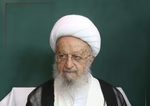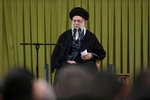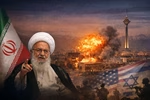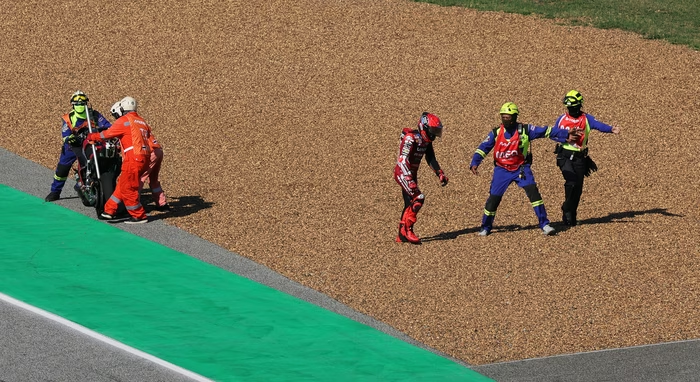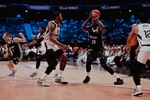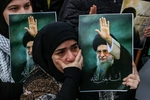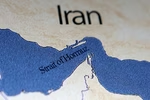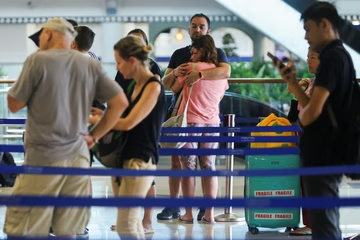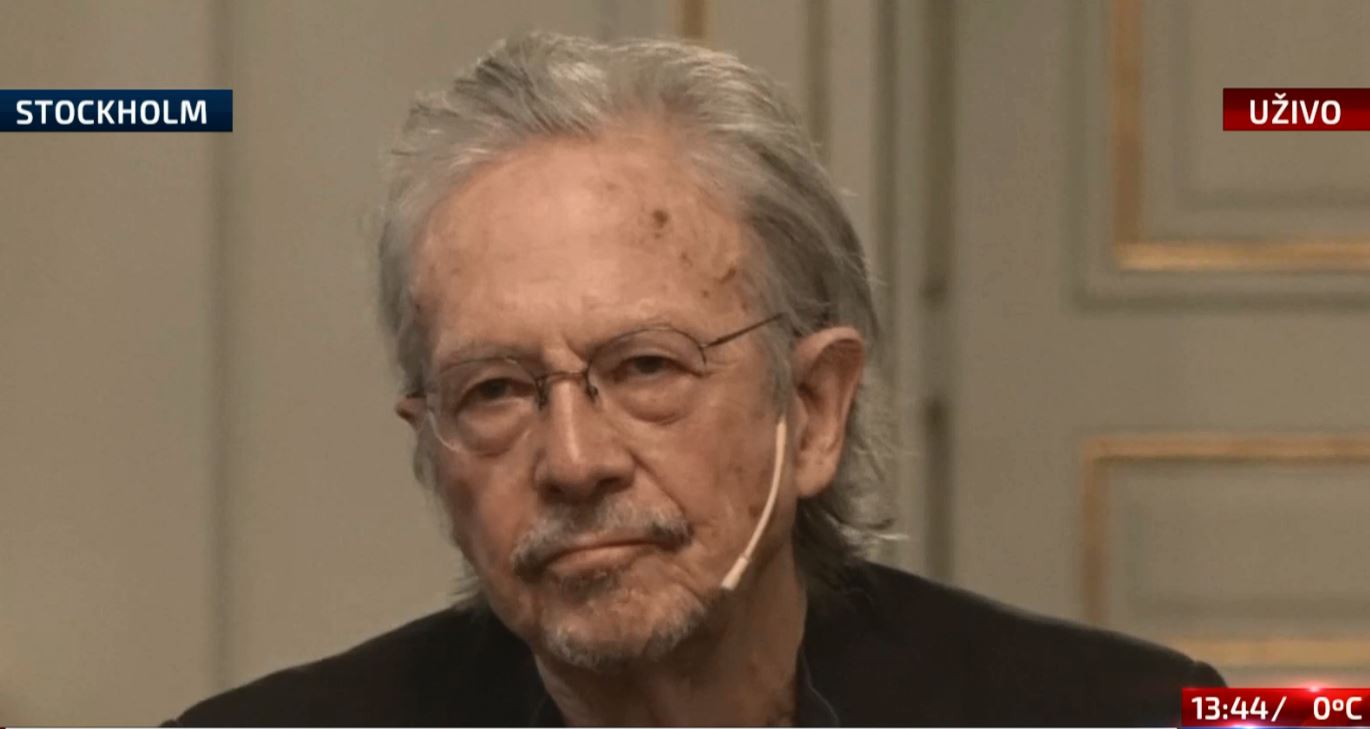
Austrian writer and Nobel Prize laureate Peter Handke refused to answer journalist questions on his position regarding the Srebrenica genocide and the fact that the international court in The Hague established it as a fact, calling them ignorant, during the Friday press conference after receiving the Prize in Stockholm.
Peter Maass, a reporter who reported from Bosnia and Herzegovina during the 1992-1995 war for The Washington Post and The New York Post, asked Handke to comment on his position regarding the Srebrenica 1995 genocide. Maass asked if the fact that the international war crimes tribunal in the Hague established it as a fact, would make him accept it today, to which Handke said he would not answer any of his questions.
“Please continue, I like your question,” Handke said at first.
Then he started reading an anonymous letter he received recently where the author of the letter asks him if he sees himself as a provocateur. The letter argues that his texts about Serbia speak about the conflict in the former Yugoslavia but that he does not present it correctly. The letter says he does not deny the genocide itself, but that he questions everything concerning the genocide which has the same result as if he denied it.
“In the past eight to nine years, I received many lovely letters from people who read literature who wrote from the hears, but only one anonymous letter which did not come from the hears but had toilet paper in it with this text,” Handke told Maass. “You ask questions like this man. I prefer the anonymous petter with the toilet paper than your empty and ignorant questions.”
When Maass asked once more why he does not accept the Hague tribunal's verdicts, Handke said:
“No, I don't want to answer that question. I don't want to answer any of your questions.”
Answering a question from different journalist to comment on his idea to mediate some kind of reconciliation in Bosnia, Handke said he had an idea of meeting with a Muslim mother and a Serb mother both of whom lost their children in war. Not with mothers from organisations, but mothers who are not part of any organisation, but that was not possible. He added that his offer still stands.
Many news outlets across the world also wrote of a Swedish Academy member's boycott of Handke's press conference, calling it gross hypocrisy.
Peter Englund, the former permanent secretary of the Swedish Academy, told Swedish newspaper Dagens Nyheter on Friday that he would not participate this year because “to celebrate Peter Handke’s Nobel prize would be gross hypocrisy on my part.”
Bosnian Academy of Sciences and Arts also voiced their protest against the award of the Nobel Prize to Peter Handke saying:
“During the most violent aggression on internationally recognized, independent and sovereign Bosnia and Herzegovina and its people, Mr Handke visited our country. Despite his insight into the true situation and internationally stated facts about the character of the war, Mr Handke nonetheless blamed the victims, not the aggressor forces, for war and war crimes.”
The Mothers of Srebrenica Association, as well as other associations of genocide survivors, also protested on several occasions against the Swedish Academy's decision.
Vice-President of the ‘Mothers of Srebrenica and Zepa Enclaves’ association, Kada Hotic, pointed out that genocide took place and that this fact must be accepted by the world as a lesson, so it would never happen again. She added that she is disappointed with the Nobel Prize Committee’s decision and that it was a sign “that fascism never disappeared.”
Kakvo je tvoje mišljenje o ovome?
Učestvuj u diskusiji ili pročitaj komentare





 Srbija
Srbija
 Hrvatska
Hrvatska
 Slovenija
Slovenija









